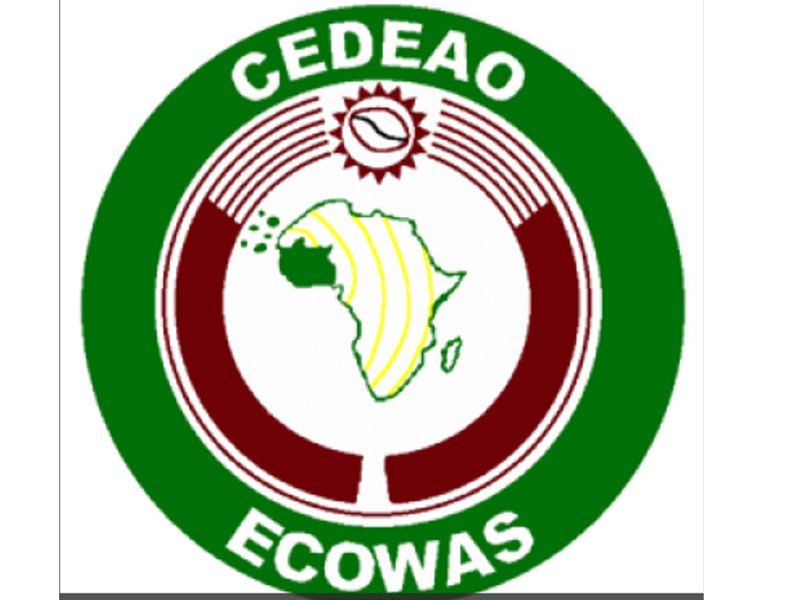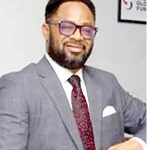The Economic Community of West African States (ECOWAS), Alliance for Agroecology in West Africa (3AO), West Africa Organic Network (WAfrONet) and ActionAid Nigeria (AAN) have reached an agreement to develop a sustainable security system for food sovereignty in West Africa.
The organisations at a Stakeholders ‘Forum on Agroecology and Organic Agriculture in West Africa’, on Monday in Abuja said the collaboration is through the implementation of public policies and interventions that value the structural solutions provided by resilient practices derived from agroecology, organic farming and climate-smart agriculture.
President of the ECOWAS Commission, Dr Omar Alieu Touray, said the collaboration became necessary because food systems in West Africa are currently facing several and severe crises, including the effects of climate change.
He lamented that the conventional models of agricultural production adopted to date have shown little resilience to the effects of climate change and sometimes contribute to soil impoverishment, thereby exacerbating food insecurity, income depletion and the vulnerability of populations.
- Cancer: NICRAT tasks biomedical engineers, medical physicists on cutting-edge skills
- Kano CJ releases 37 inmates on medical grounds
He said despite contributing very little to global warming, with just
1.8% of global greenhouse gas emissions, ECOWAS countries are at the heart of the climate change challenges facing the first half of the 21st century.
He also said the most pessimistic scenarios, between now and 2060,
West Africa will experience a temperature rise of +2.3°C, i.e., a
warming of +0.6°C per decade.
“The number of days of potentially lethal heat could reach 50 to 150
per year for a global warming of 1.6°C and 100 to 250 per year for a
global warming of 2.5°C, with the greatest increases in coastal areas.
The risk of heat-related mortality is now 6 to 9 times higher than the
1950-2005 average at 2°C global warming,” Touray said.
The Country Director of ActionAid Nigeria, Mr Andrew Mamedu, said the
forum was of strategic importance, especially as it provided an
opportunity to share and analyse, with all the agricultural and
political players in the region.
“The Strategic Partnerships for Agroecology and Climate Justice in
West Africa (SPAC-West Africa) project, which spans three countries
-Liberia, Nigeria, and Senegal- is currently demonstrating the power
of agroecology in transforming the lives of women and young people
across the region.
“This three-year project, funded by ActionAid International’s
Transformative Impact Fund (TIF), seeks to improve the lives of
250,800 smallholder women farmers and young people, reaching over 1.5m
household members. Its ultimate objective is to deliver food and
nutrition security, climate-resilient livelihoods, and a transformed
agricultural landscape across West African communities,” Mamedu said.
He noted the importance of the mechanisms and opportunities for
increasing funding for the three approaches to sustainable
agriculture, instruments that can be mobilised, their effectiveness
and efficiency; and pragmatic support policies in the region.

 Join Daily Trust WhatsApp Community For Quick Access To News and Happenings Around You.
Join Daily Trust WhatsApp Community For Quick Access To News and Happenings Around You.

![Ajaokuta-Kaduna-Kano [AKK] gas pipeline project](https://dailytrust.com/wp-content/uploads/2020/07/gas-pipeline-150x150.jpg)
